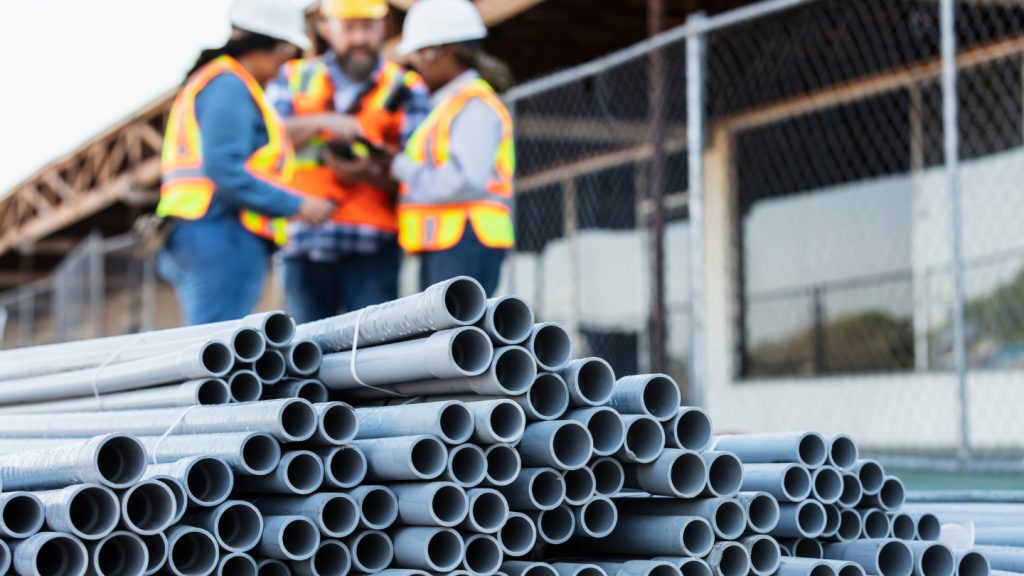The plastics industry in the United States produces over 29 billion pounds of plastic each year, with an estimated 2.5 million workers involved in its mass production. Many of the chemicals used in making plastics are toxic and harmful to workers’ health, as evidenced by the deaths of 15 vinyl chloride workers from chemically induced liver cancer earlier this year.
Vinyl chloride, a primary ingredient in PVC, a common non-carcinogenic plastic used in various products, has strict safety standards since 1975 to regulate workers’ exposure levels. However, the U.S. Environmental Protection Agency has proposed a review of vinyl chloride’s safety and environmental data, potentially leading to a ban on its use. This proposal comes after a train derailment in Ohio in 2023 exposed a nearby community to vinyl chloride and other hazardous chemicals, causing respiratory symptoms and headaches among residents.
The impact of exposure to vinyl chloride on the community’s risk of cancer remains uncertain, pending further investigation into the incident. The proposal to review the chemical’s safety standards reflects concerns about the potential health risks associated with its use in various products such as water pipes and IV bags. The importance of regulating toxic chemicals in the plastics industry is highlighted, given the significant health hazards they pose to workers and the surrounding communities.
Erin I. Garcia de Jesus, a staff writer at Science News with a Ph.D. in microbiology, underscores the importance of supporting climate journalism to strengthen environmental literacy and ensure that responses to climate change are based on scientific evidence. By subscribing to Science News and contributing to expanding science literacy, individuals can play a crucial role in promoting informed decision-making on environmental issues.
The call to support climate journalism and enhance environmental literacy comes at a critical time when the impact of toxic chemicals in the plastics industry is being scrutinized for its health implications. The proposal to review the safety of vinyl chloride and potential ban on its use highlight the need for stricter regulations to protect workers and communities from exposure to harmful substances. Public awareness and engagement in supporting science-based solutions are crucial in addressing the challenges posed by the plastics industry and ensuring a sustainable future for all.


